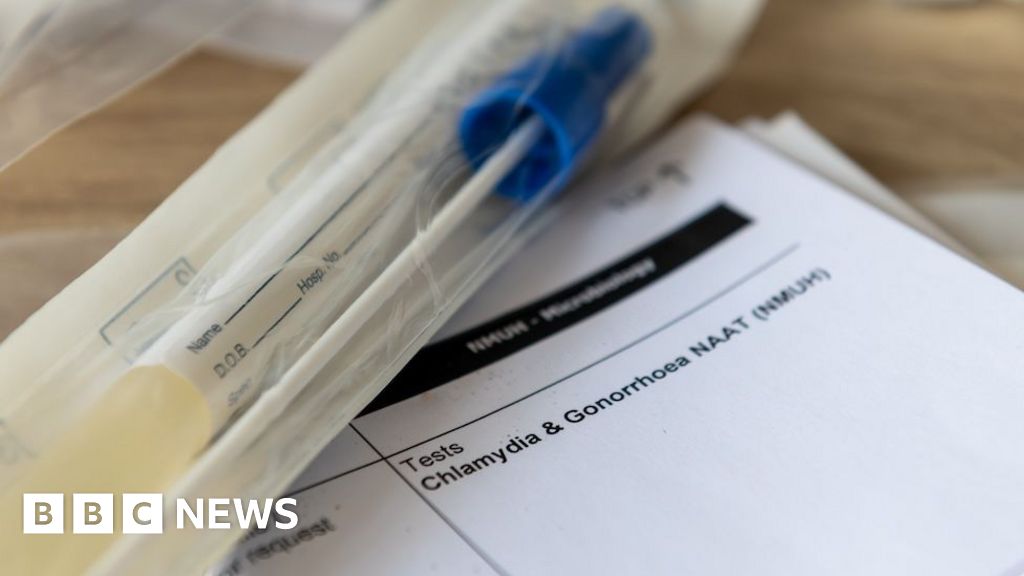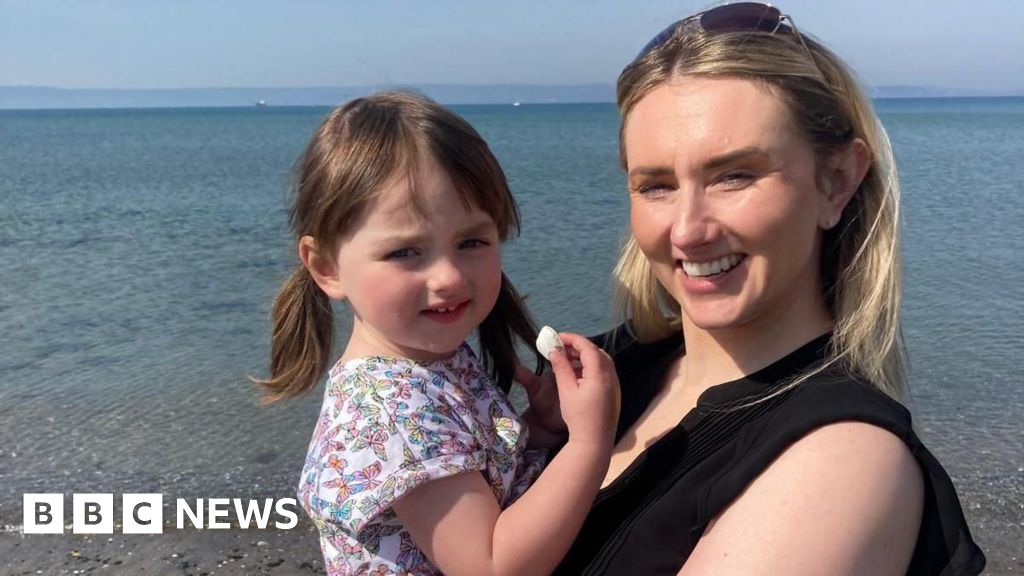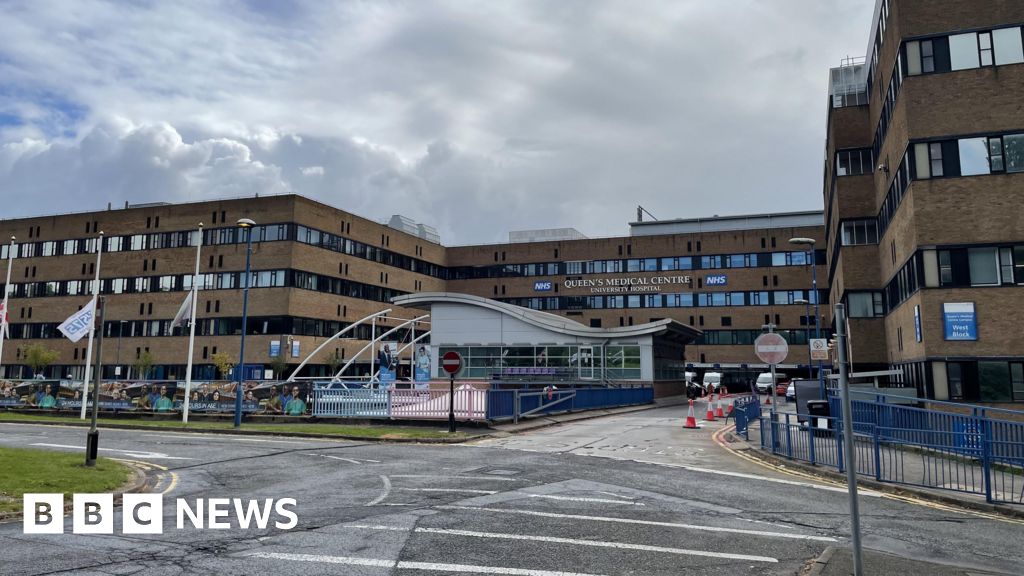ARTICLE AD BOX
By Katie Wright
BBC News
There could be a huge jump in the number of Covid hospital admissions in England if restrictions are not tightened, government scientists say.
The Sage committee said its modelling suggested hospitalisations could reach 2,000 to 7,000 per day next month - currently there are around 1,000.
But they add a "relatively light set of measures" could curb infections.
PM Boris Johnson has said he hopes increasing vaccinations means fresh restrictions can be avoided.
As he announced his winter plan for tackling Covid on Tuesday, the prime minister said some measures would be kept in reserve as part of the government's Plan B if the NHS faced unsustainable pressure.
These include vaccine passports, mandatory face masks and advice to work from home.
Papers released by the Scientific Advisory Group for Emergencies (Sage) on Tuesday said there was "potential for another large wave of hospitalisations".
Virus modellers advising the committee - the Scientific Pandemic Influenza Group on Modelling (SPI-M) - said it was possible the virus would spread more rapidly after the return of schools and more people going back to their workplaces.
They note that high levels of homeworking have played a "very important role in preventing sustained epidemic growth in recent months".
"It is highly likely that a significant decrease in homeworking in the next few months would result in a rapid increase in hospital admissions."
However, the modellers add that even a "relatively light set of measures", if implemented early enough, could be sufficient to limit rising cases.
"As well as encouraging homeworking, more light-touch measures could include clear messaging that recommends people act cautiously, more widespread testing, a return to requiring all contacts of cases to isolate, and more mask-wearing."
They say that if the epidemic was allowed to grow until hospitalisations got too high "much more stringent (and therefore more disruptive) measures would be needed to bring prevalence down quickly".
However, the body acknowledged its previous warning - that lifting all restrictions over the summer might prompt a large scale outbreak - had not been borne out by events.
The modellers who report into the Sage committee were too pessimistic back in July when they assumed the opening up of society would lead to a surge in infections and hospital admissions.
The latest set of papers notes that the closure of schools, warm weather and large numbers of people being required to self-isolate played a bigger than expected role in curbing infections.
But they go on to say that the peak time for cases expected previously from August has now simply been pushed back to October through to December.
The return of schools and colleges could push up case rates. Another large wave of hospitalisations looms, they say.
They lean towards early light touch intervention by ministers, for example getting more people to work from home again.
In effect this is calling on the government to enact Plan B for England soon.
Sceptics will say modellers have got it wrong before and a pinch of salt is needed with the latest papers. But few would deny the possibility of a very difficult winter ahead.
Speaking at a Downing Street press conference on Tuesday, Mr Johnson said he hoped the vaccination programme meant the UK could remain "one of the most free societies" in Europe, with only limited restrictions to keep the disease in check.
"Because so many of the population have some degree of immunity, smaller changes in the way we're asking people to behave can have a bigger impact."
He appealed to the five million people who have not taken up the offer of a Covid-19 vaccine to finally get the jab in an effort to avoid tougher restrictions over the winter.
Sir Patrick Vallance, the government's chief scientific adviser, told the briefing the nation was at a "pivot point" and ministers needed to react swiftly if cases increased quickly, warning "you can't wait until it's late because you've got to do more".
"When you make a move, you have to go earlier than you think you want to, you have to go harder than you think you want to and you have to make sure you have got the right geographical coverage," he said.
Prof Chris Whitty, England's chief medical officer, warned that respiratory viruses such as flu and others would be "hugely advantaged" heading into winter.
He also emphasised that the country was entering the autumn with a much higher level of cases, hospital admissions and deaths than was the case last year.
On Tuesday, the UK reported a further 26,628 cases and another 185 deaths within 28 days of a positive test. The most recent data showed there were 8,413 Covid patients in hospital.
On 15 September last year, there were 3,105 daily cases and 27 deaths reported, along with 1,066 Covid patients in hospital.
However, vaccines are now offering extensive protection against severe illness. Some 81.2% of people aged 16 and over in the UK are fully vaccinated.
Health Secretary Sajid Javid also confirmed on Tuesday that all over-50s in the UK - as well as those in other vulnerable groups - would be offered a booster shot.
People will be offered either the Pfizer or the Moderna vaccine at least six months after their second dose in order to maximise the impact.

 3 years ago
114
3 years ago
114








 English (US) ·
English (US) ·